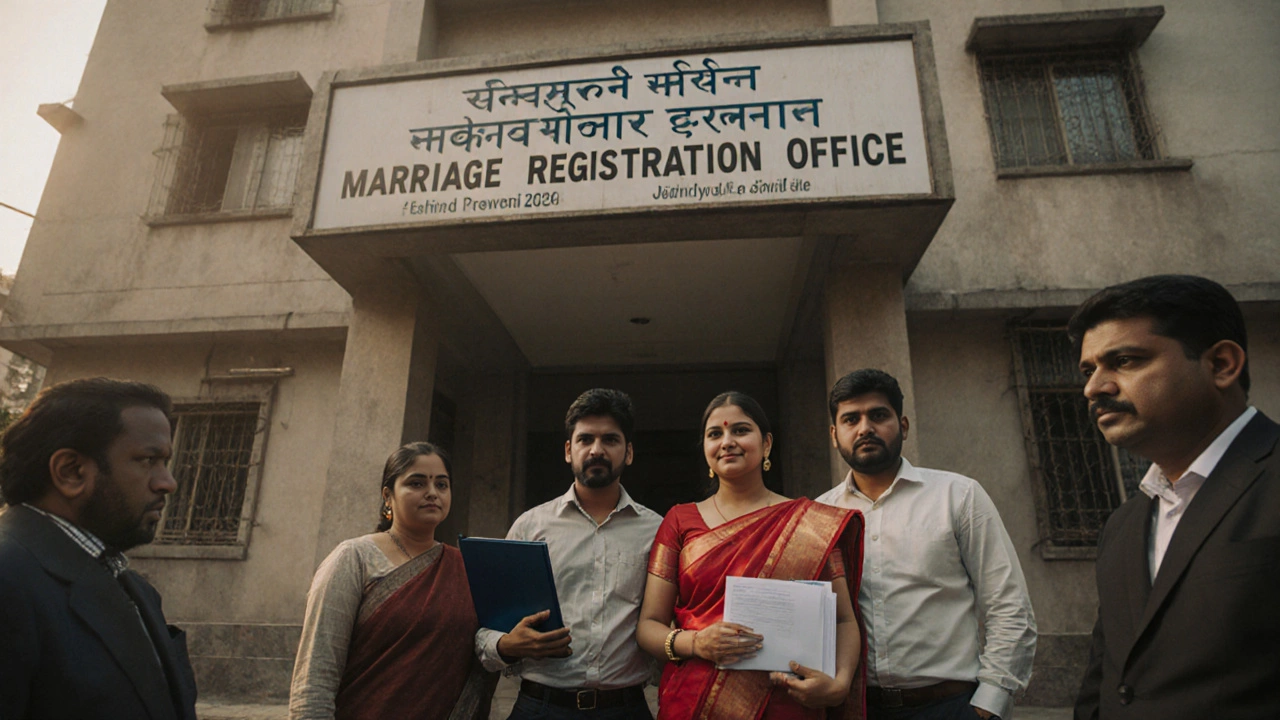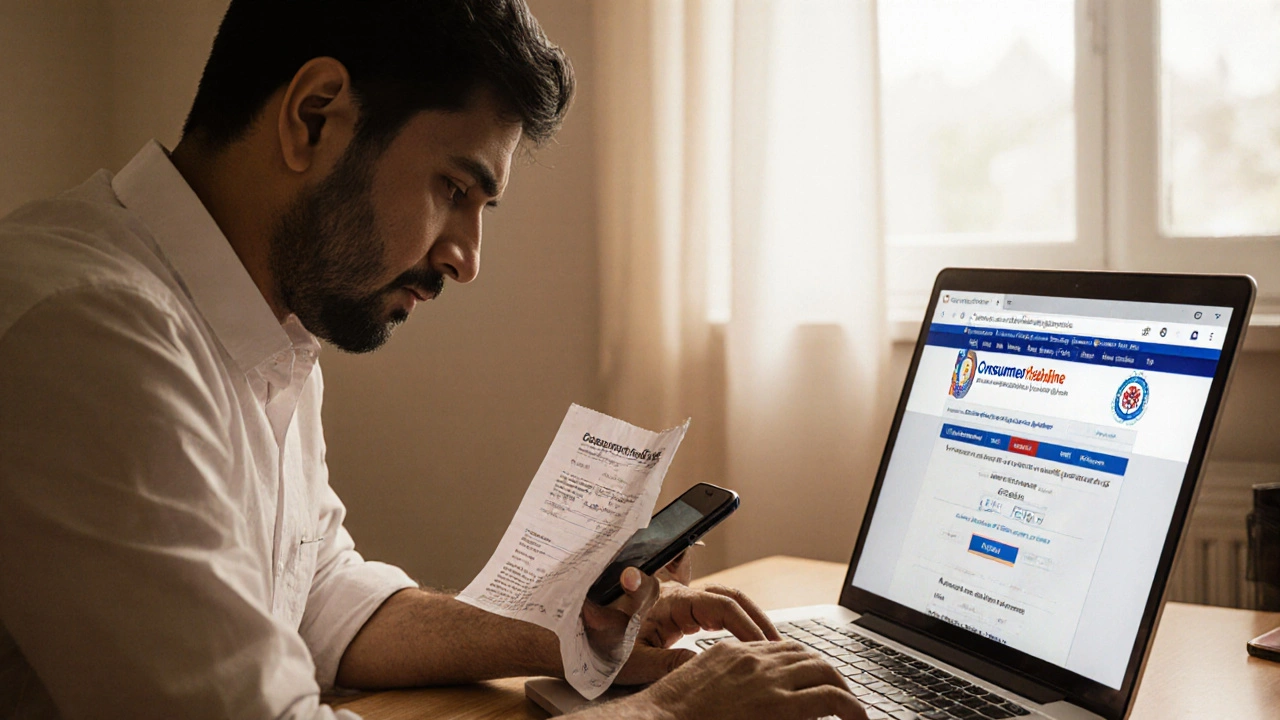Learn Indian Law Online with Bharat Digital Academy of Law
Welcome to a place where Indian law feels simple. Whether you’re a student, a junior lawyer, or just curious, our site gives you clear, bite‑size explanations without any jargon.
What You’ll Find Here
We cover everything from the Constitution and civil disputes to family matters like divorce and tenant rights. Each article breaks down the steps, key forms, and common pitfalls so you can act confidently.
Why Choose Us
Our content is written by experienced faculty who know how to teach online. You get up‑to‑date rules for 2025, practical checklists, and real‑world examples you can use today. All of it is free and easy to navigate on any device.
Start with a topic that matters to you, follow the simple guides, and turn legal confusion into clear action. Your legal knowledge is just a click away.

Who Is Most Likely to Get Custody of a Child? Real Factors That Decide Child Custody in New Zealand
Who is most likely to get custody of a child? In New Zealand, custody isn't about gender-it's about who provides the most stable, loving, and consistent care. Learn the real factors courts consider and how to protect your child's best interests.

What Is a Civil Case? Simple Examples and How They Work
A civil case is a legal dispute between private parties over money, property, or rights. Learn what civil cases are, common examples like contract breaches and personal injury claims, and how they differ from criminal cases.

How to Register a Marriage in India: Step-by-Step Guide for 2025
Learn how to legally register your marriage in India in 2025 under the Special Marriage Act or Hindu Marriage Act. Step-by-step guide with required documents, fees, and common mistakes to avoid.

How Consumer Complaints Work in India: A Step-by-Step Guide for 2025
Learn how to file a consumer complaint in India in 2025-step by step, without a lawyer. Know your rights under the Consumer Protection Act, where to file, what compensation you can get, and how to avoid common mistakes.

Which Type of Lawyer Is Best for Your Situation?
There's no single best lawyer - the right one depends on your issue. For divorce, custody, or family disputes, a family law attorney is essential. Learn what they do, how to choose one, and when you need someone else.

What Is the Fastest Divorce in India? Understanding Speedy Divorce Options
The fastest divorce in India takes six months under mutual consent. Learn how it works, what documents you need, why contested divorces take years, and how to avoid common legal traps.

Who Is the Youngest Female Lawyer in India? Meet the Record Holder
Meet Arushi Gupta, the youngest female lawyer in India, enrolled at 17. Learn how she broke records in corporate law, what it takes to enter the field, and why young women are reshaping India’s legal landscape.

What is the Consumer Protection Act in India? A Simple Guide to Your Rights
The Consumer Protection Act in India gives you legal rights when you're cheated by sellers or service providers. Learn how to file a complaint, what relief you can get, and why this law matters more than ever in today's digital marketplace.

What Is Section 49 of the Consumer Rights Act in India?
Section 49 of the Consumer Protection Act, 2019 doesn't exist. Learn the real sections that protect your rights as a consumer in India-how to file a complaint, get a refund, and avoid common legal myths.

What Type of Law Makes Lawyers the Most Money?
Personal injury law offers the highest earning potential for lawyers, with top attorneys making over $1 million from a single settlement. Family law, while emotionally rewarding, pays significantly less. Learn which legal fields deliver the biggest paychecks-and why.

How Do You Know If You Have a Federal Case?
Learn how to tell if your civil case belongs in federal court. Understand federal jurisdiction rules, common cases, and what to do if you're unsure where to file.

What Is the Highest Court a Case Can Go To?
The highest court a case can go to in the U.S. is the Supreme Court, but only if it involves federal law or constitutional issues. Most cases end at the state supreme court level.